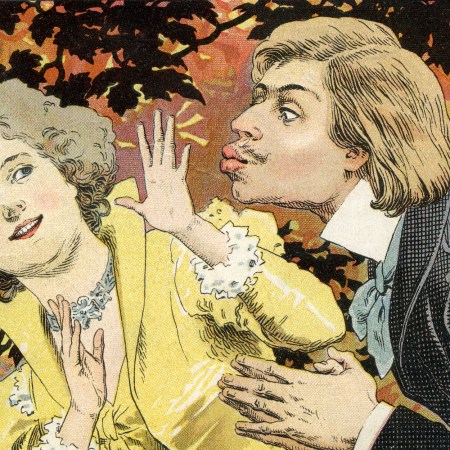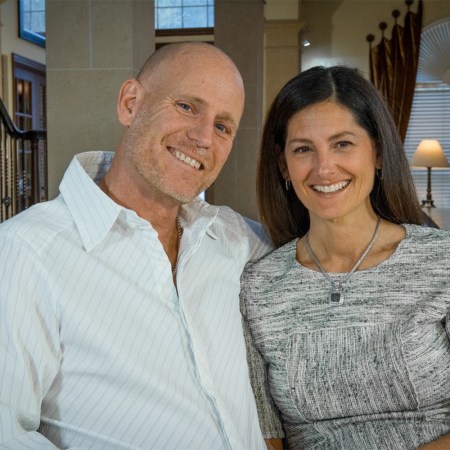Some men are kind of funny on dating apps.
Like this guy, who recorded a voice prompt for his profile which starts off with him bragging about being on a boat (a spot-on reference to clueless Hinge lords), but concludes with him apparently drowning in the North Sea. After an old-timey voice bellow “ICEBERG, STRAIGHT AHEAD!” the audio clip devolves into screams of horror and one giant splash. So long, John-Michael…you were too whimsical for this cruel world.
Too many men are not funny at all on dating apps, though. On the contrary, they’re insulting and insecure. According to a Pew Research study, a third of women on dating apps have been called an abusive name by a man, while half of them experienced a man continuing to pursue them online after they’ve made it clear they aren’t interested.
Then there are men who do receive interest from women, in the form of messages or even a date proposal, but choose to suddenly disappear from the face of the planet.
It combines to make dating apps an emotional minefield for women. They’re massively outnumbered on them (Tinder has the craziest disparity, with 78% men and 22% women); they have to weather astonishingly cruel and specific insults on them (usually about their looks); and in the rare cases where they do feel excited to meet a guy, there’s a decent chance he ghosts the situation entirely.
All told, it offers some critical context for why the phrase “please tell me you go to therapy” has become a de facto prompt on the dating app profiles of young women. They’re sick of all the nonsense, and they’d rather meet men who are actively dealing with their demons — or at least, seem inclined to deal with them — before waving them through the threshold into their lives.
As The New York Times recently pointed out, “In some corners therapy has become a kind of social imperative, something anyone can urge strangers to engage in — not so they can explore their own experiences, but so their psychic toxicity can be contained before it spills onto others.”
Those “corners” include places like Hinge or Raya, where men who broadcast their forays into psychotherapy appear to have a leg up on their peers. Some man-seeking women say things like: “I love someone who can take care of himself,” or “Once I asked a guy, and he told me he had been in therapy for four years. I was attracted to him immediately.” Dating apps have confirmed, via internal surveys, that an overwhelming majority of their users prefer to meet people who are in therapy…which some characterize as a “dating green flag” and compare to going to the gym.
In the real world, adult American men are half as likely to go to therapy as their female counterparts, according to Statista, though that gap narrows in younger generations, where conversations on mental health are more common and toxic masculinity is less prevalent. Still, toxic masculinity seems to be having a field day in the dating app digital-scape nonetheless, suggesting there’s a ton of work to do, and the gals are right: men need to be talking to someone.
On the flip side, though, some have suggested it’s “toxic” for anyone to publicly demand that others seek out therapy. After all, it assumes: A) that everyone can afford/has access to therapy, while implying B) that therapy works for everyone. The former is far from true, while the latter is an unfortunate byproduct of a TikTok-Twitter era where therapizing is too often used as an irrefutable mic drop.
In an ideal world, everyone would have someone to sort through their life with, men wouldn’t be such assholes online (or IRL) and the term “therapy” wouldn’t be so provocative. Maybe we’ll get there one day.
For now, though, perhaps all dating hopefuls could benefit from a redefining or reshuffling of terms. “Please go to therapy,” after all, is just code for “please have your shit together.” Are you inspired? Engaged? Funny? Do you journal, read, or go for walks? Do you talk to your family? How do you take care of yourself? Because if you don’t/can’t/won’t do that, how can I expect you to ever take care of me?
At the moment — with verbal Titanic simulations going viral as an example of a positive potential male match — it would appear the bar is well and truly on the floor for half of the population.
Thanks for reading InsideHook. Sign up for our daily newsletter and be in the know.


















